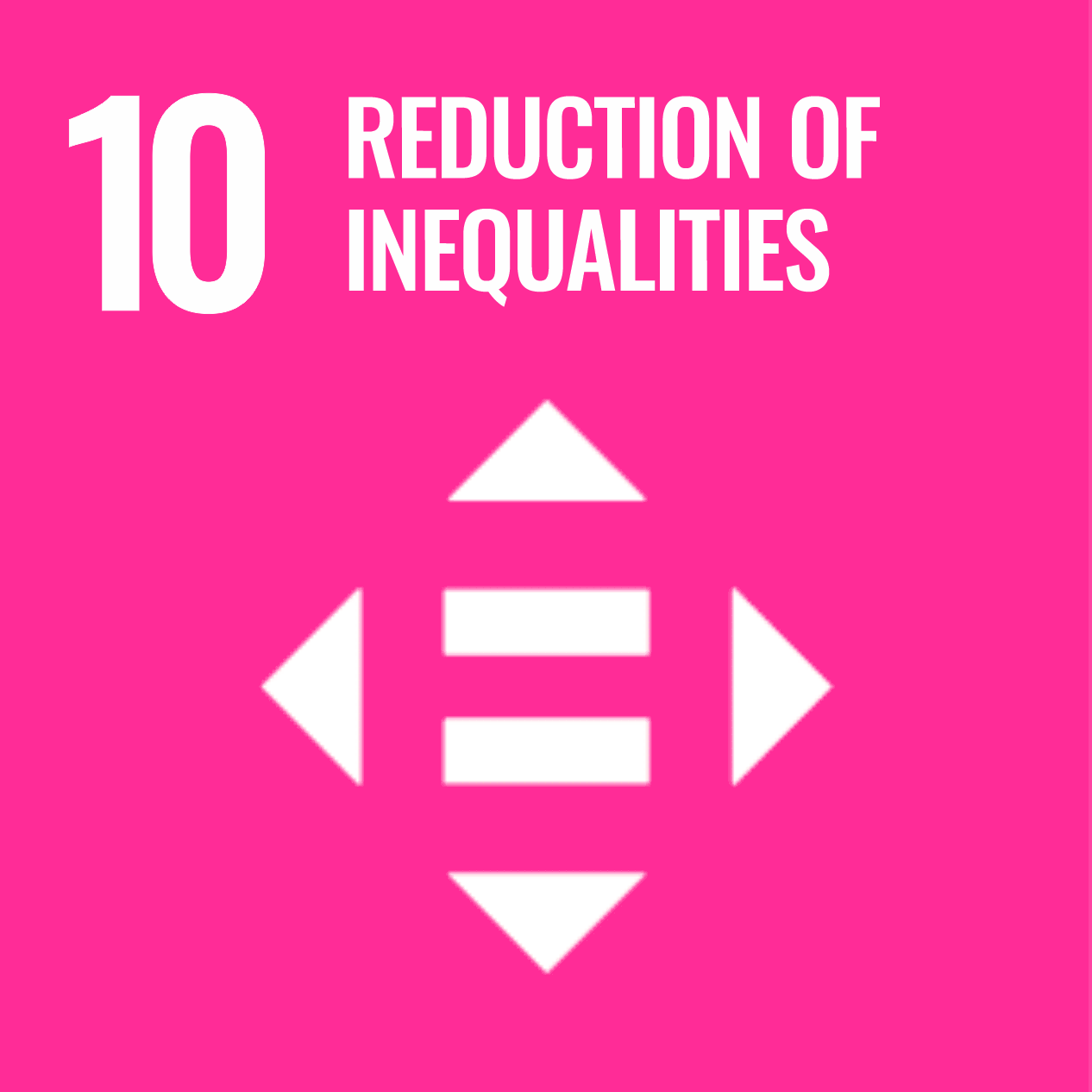ADPF 708
Arguement of Non-compliance with Fundamental Precept
Reporting Minister: André Mendonça
This action also received the following seals:


CONTEXT
The Climate Fund’s goal is to ensure the allocation of resources to innovative projects and studies aimed at reducing the effects of and combating the potential causes of climate change. However, starting in 2019, a series of actions by the Federal Government diminished the activities of the Fund and prevented the application of resources.
LAWSUIT
The lawsuit argued that the Federal Government’s omission in applying the resources of the Climate Fund was unconstitutional, given the obligation to ensure a balanced environment (Article 225 of the Constitution), in addition to violating the administrative competencies that mandate the protection of fauna and flora as a duty of all government entities (Article 23, VI and VII of the Constitution), as well as the principles of federative loyalty and cooperative federalism (Articles 1, 3, I-III, 18, 60, § 4, I, and 241 of the Constitution).
RESULT
The Supreme Court recognized the Federal Government’s omission as unconstitutional in failing to activate the mechanisms linked to the Climate Fund. The ruling created the first precedent in concentrated constitutionality control regarding public policies on climate change in Brazilian law.
IMPACT

Attorneys Rafael Carneiro and Felipe Corrêa celebrated the decision. “The Supreme Court reaffirms that environmental protection is a constitutional duty, especially in light of the grave climate emergency,” said the lawyers.

The lawsuit is an Action for Non-compliance with Fundamental Precept (ADPF in Portuguese). It seeks to compel the Ministry of the Environment to resume the disbursement of the National Fund on Climate Change (‘Climate Fund’) and to reactivate its governance bodies.

Brazil’s High Court First to Declare Paris Agreement a Human Rights Treaty
ADI 7273
Arguement of Non-compliance with Fundamental Precept
Reporting Minister: Gilmar Mendes
This action also received the following seals:




CONTEXT
The law in force in Brazil exempted Securities Dealers (DTVMs) from proving the origin of gold they traded. The “presumption of good faith” created loopholes for illicit activities and fueled the troubling rise of illegal mining, particularly in the Amazon region. The discharge of tons of mercury into rivers led to irreversible damage to the health of the local population, especially in indigenous territories, such as the Yanomami land.
LAWSUIT
The law firm filed a lawsuit demonstrating the unconstitutionality of the rule that presumed the legality of the gold traded by DTVMs. By relieving distributors of the obligation to verify the origin of the gold mined in the Amazon, the rule allowed illegal gold to be sold under the guise of legality, violating the fundamental right to a balanced environment for current and future generations (Article 225 of the Constitution), the right to life and health (Articles 5 and 6 of the Constitution), the right of indigenous peoples to their social organization, customs, languages, beliefs, and traditions, and the lands they traditionally occupy (Article 231 of the Constitution).
RESULT
The Federal Supreme Court suspended the rules that presumed the legality of gold and ordered the immediate adoption of a new legal framework to improve control and security in the commercialization of the metal.
IMPACT

Attorney Rafael Carneiro stated that the Supreme Court’s decision should discourage the government from automatically legitimizing or legalizing gold received from DTVMs. “We hope this decision encourages the government to develop mechanisms for controlling and monitoring the entire gold extraction and trade chain in the country.”

STF forma maioria contra presunção de ‘boa-fé’ no mercado de ouro

STF forma maioria contra presunção de ‘boa-fé’ no mercado de ouro

